Writing and Sex, by Sande Boritz Berger
 When I first began writing on the cusp of becoming a teen, sex was never a subject matter of either my poetry or short stories, nor was the three-letter word mentioned in my reading material at the time- the 1950’s. I was a naïve, though dedicated fan of the popular female sleuths, Nancy Drew and Trixie Belden, but don’t recall one romantic kiss, dip, or squeeze anywhere between the pages. My lack of exposure, no pun intended, to anything sexually intimate was non-existent.
When I first began writing on the cusp of becoming a teen, sex was never a subject matter of either my poetry or short stories, nor was the three-letter word mentioned in my reading material at the time- the 1950’s. I was a naïve, though dedicated fan of the popular female sleuths, Nancy Drew and Trixie Belden, but don’t recall one romantic kiss, dip, or squeeze anywhere between the pages. My lack of exposure, no pun intended, to anything sexually intimate was non-existent.
What I find humorous, decades later, is that during this time, and hidden in the back of my parents’ night-stand, was a crisp new copy of Grace Metalious’s 1956 instant hit, Peyton Place. A controversial novel, it described how three women were forced to come to terms with their desires and identities in a small, conservative, New England town. Not too different from the suburbs of Long Island where I grew up. I can recall spicy stories about “key parties” and married couples making very bad decisions, ultimately jeopardizing those bonds, which ultimately led to divorce.
As a woman who experienced her own complicated divorce in the 1970’s, I often recall the shame and scandal of that controversial novel, and the many that followed once Metalious cracked the ice and concept of happy-ever-after- monogamy.
I would soon learn that no matter my past, writing about sex or describing a sexual encounter between my characters was extremely challenging. How do you keep the language fresh, different, and evocative? After I’d enrolled in an MFA program, my advisor said she could imagine me blushing when I wrote a sexy honeymoon scene that takes place in the 1940’s. Perhaps, that was because the couple in the scene is based on my own parents and their two weddings─ one an elopement to Virginia on a snowy Xmas Eve, and the second, a few months later, which was a ceremony held in a catering hall for their friends and family.
Yes, it was mighty difficult to write the scene of their wedding night. I felt myself turning into a squeamish teen. Mom and Dad? Yuck! I was also aware of trying to write keeping in mind the specific decade. Though sex is sex, the language of sex and the romanticism of the times had to come into play. I stayed away from the clinical and went for the atmosphere, the pressures of war, the coyness of the bride and the naiveté that comes with youth and inexperience. Basically, I tried to stay true to my characters’ personalities. But mostly, in order to focus on the writing, I had to detach.
Here are some basics I heard at an AWP conference a few years back.
- Make your own rules
- Don’t be afraid
- Don’t tease
- No fishnet stockings
- If it hurts then say so.
- Show that sex is messy
- Be reckless
- Make it hot
- Full steam ahead, and last but not least,
- It’s okay to blush
—
After nearly two decades as a scriptwriter and video producer for Fortune 500 companies, Sande Boritz Berger returned to her first passion: writing fiction and nonfiction full time. She completed an MFA in Writing and Literature at Stony Brook University where she was awarded The Deborah Hecht Memorial prize for fiction.
Essays and short stories have appeared in over 20 anthologies including Aunties: “Thirty-Five Writers Celebrate Their Other Mother” by Ballantine, and “Ophelia’s Mom” by Crown. Her novel, The Sweetness, was a semi-finalist in Amazon’s yearly Breakthrough Novel Awards. Sande lives in Manhattan with her husband and has two daughters
Find out more about Sande on her website https://www.sandeboritzberger.com/
Follow her on Twitter https://twitter.com/EZWriter25
SPLIT-LEVEL, Sande Boritz Berger
 In Split-Level, set as the nation recoils from Nixon, Alex Pearl is about to commit the first major transgression of her life. But why shouldn’t she remain an officially contented, soon-to-turn-thirty wife? She’s got a lovely home in an upscale Jersey suburb, two precocious daughters, and a charming husband, Donny. But Alex can no longer deny she craves more―some infusion of passion into the cul-de-sac world she inhabits.
In Split-Level, set as the nation recoils from Nixon, Alex Pearl is about to commit the first major transgression of her life. But why shouldn’t she remain an officially contented, soon-to-turn-thirty wife? She’s got a lovely home in an upscale Jersey suburb, two precocious daughters, and a charming husband, Donny. But Alex can no longer deny she craves more―some infusion of passion into the cul-de-sac world she inhabits.
After she receives a phone call from her babysitter’s mother reporting that Donny took the teen for a midnight ride, promising he’d teach her how to drive, Alex insists they attend Marriage Mountain, the quintessential 1970s “healing couples sanctuary.” Donny accedes―but soon becomes obsessed with the manifesto A Different Proposition and its vision of how multiple couples can live together in spouse-swapping bliss.
At first Alex scoffs, but soon she gives Donny much more than he bargained for. After he targets the perfect couple to collude in his fantasy, Alex discovers her desire for love escalating to new heights―along with a willingness to risk everything. Split-Level evokes a pivotal moment in the story of American matrimony, a time when it seemed as if an open marriage might open hearts as well.
“How impressive Split-Level is: wonderfully rich with details, fluent and fluid, with an inevitable-yet-unexpected ending, inspired throughout is its portrait of a woman whose essential life is an unconscious double-ness/split-ness.”
―Joyce Carol Oates, author of We Were the Mulvaneys and Blonde
“Sande Boritz Berger sets a 1970s Jersey housewife on a provocative collision course in Split-Level, a sharp portrait of female empowerment. Through sensitive insights, a woman finds an honest version of herself after realizing that her ideas on the nuclear family have made her erase vital parts of her identity.”
―Foreword Reviews
BUY THE BOOK HERE
Category: On Writing




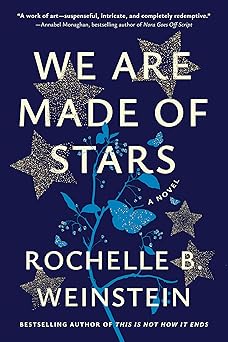
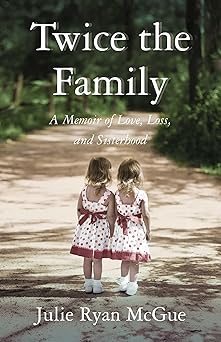
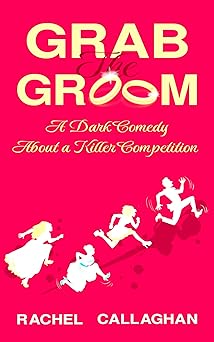


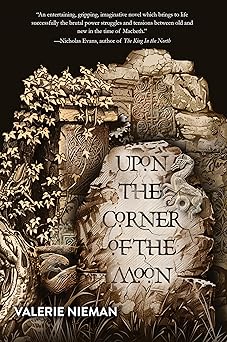
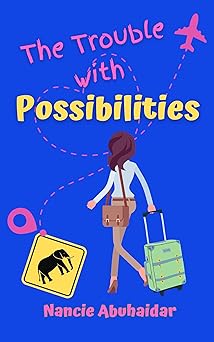
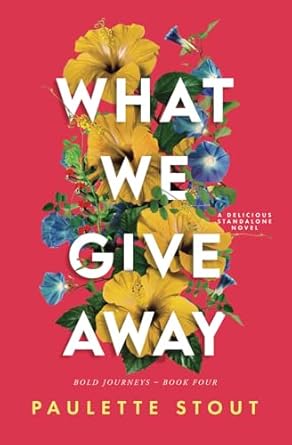

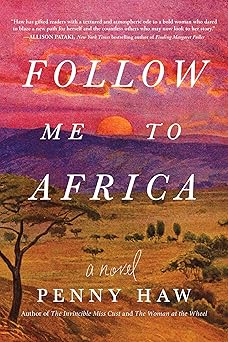
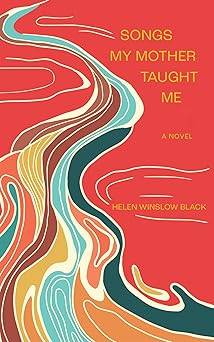

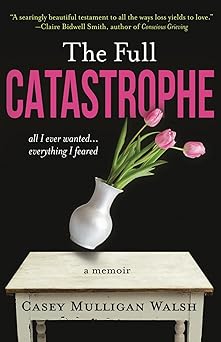



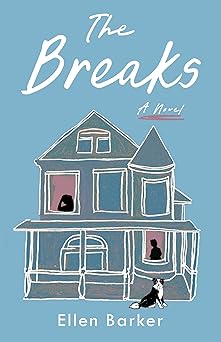
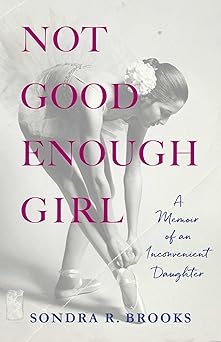
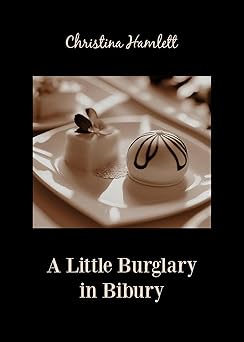
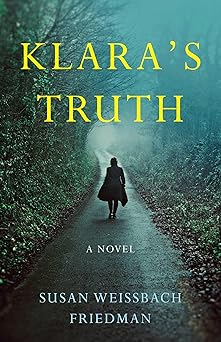
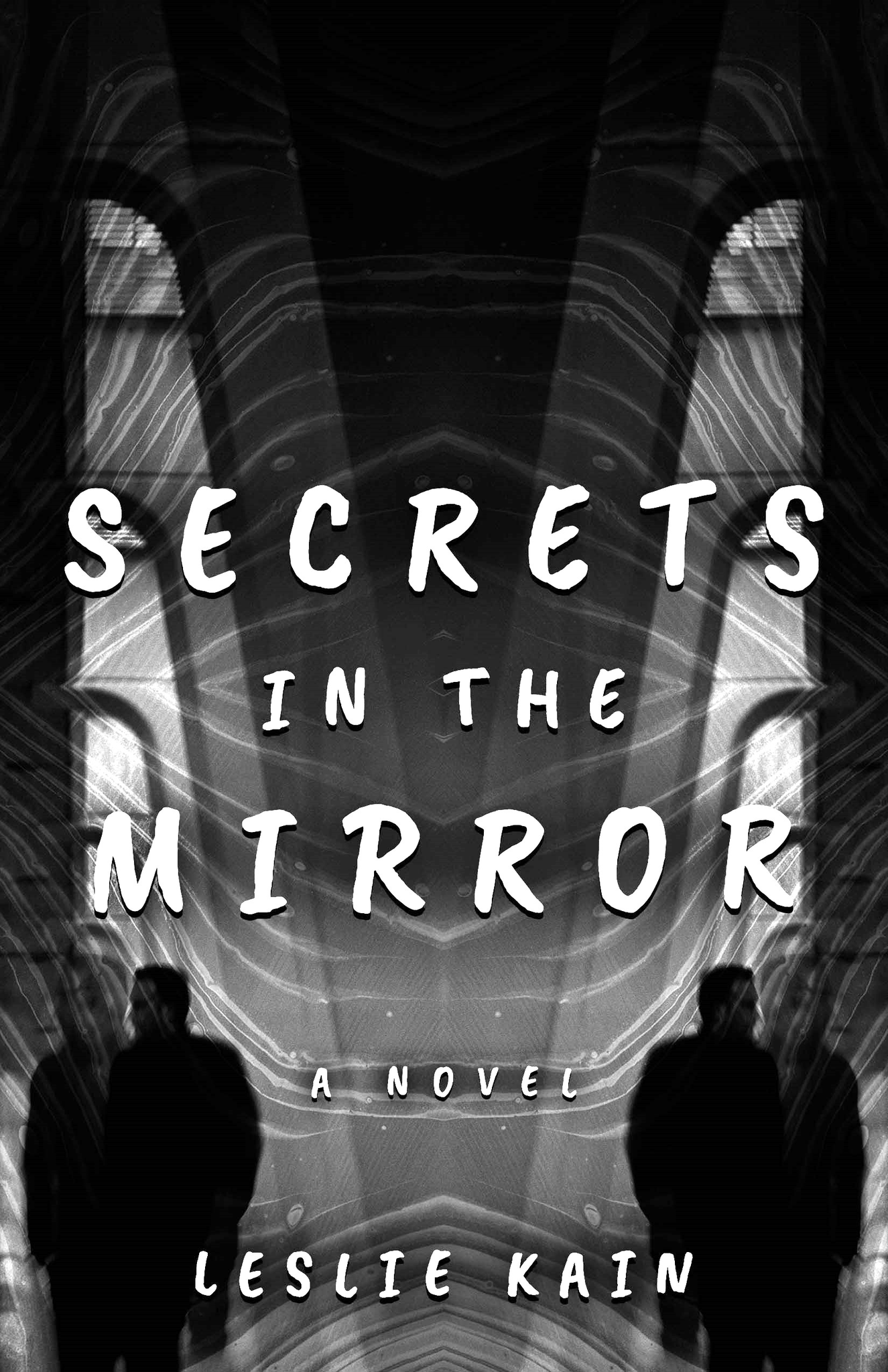
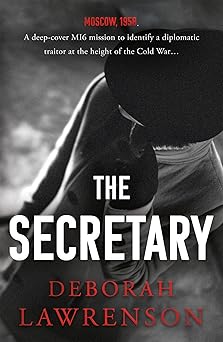
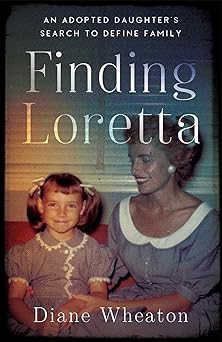

Split Level is a gem, fresh and unexpected writing. It really stuck with me and so I was delighted to read your post!
I’m always so grateful when someone takes the time to write after reading my books. I am always looking to improve the things I can in writing and I like my readers’ input when possible. So thank you!!